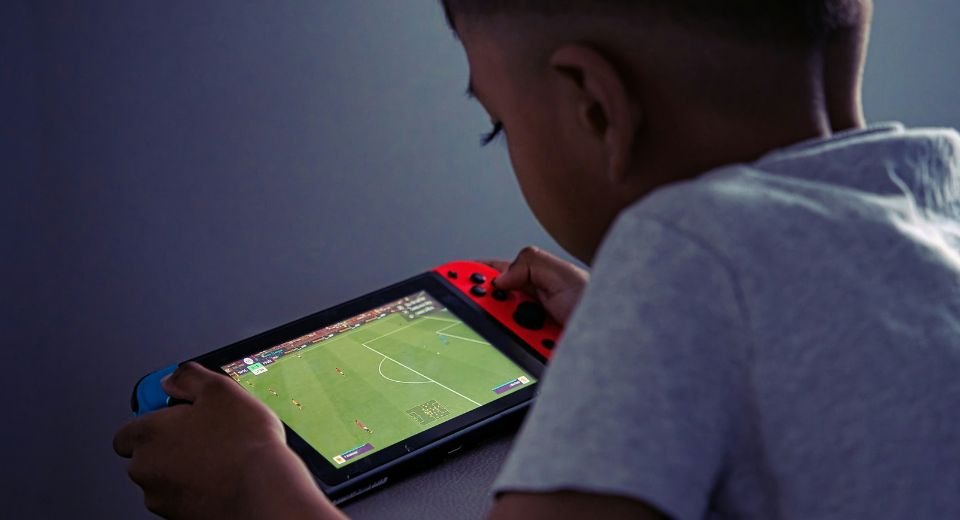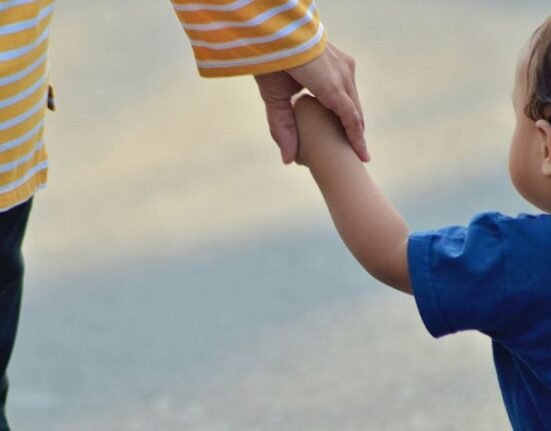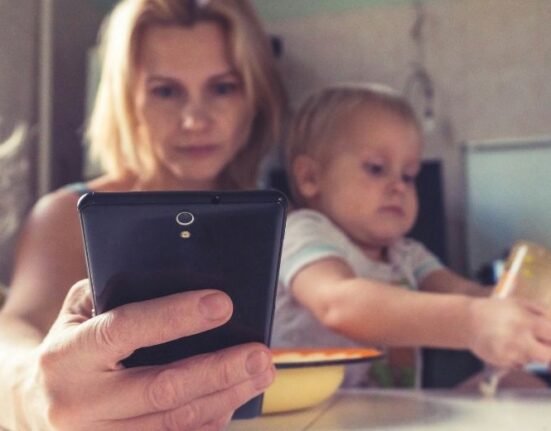OPINION by Aparna S
August 12, 2024: In today’s digital age, “sharenting” has emerged as a major concern in sharing personal information about children on social media platforms.
The term “sharenting,” a blend of “sharing” and “parenting,” describes the practice of parents posting photos, videos, and updates about their children on platforms like Facebook, Instagram, and YouTube.
While this trend often stems from a desire to celebrate milestones and connect with others, it raises serious questions about privacy, safety, and the ethical implications of exposing children to the online world.
Unintended consequences
The arrival of a new baby brings immense joy, prompting parents to share their happiness through social media. Many parents document their experiences, from pregnancy to milestones in their child’s early life, creating a narrative that often includes daily updates and personal stories.
This sharing can foster a sense of community and support among parents, validating their experiences and providing networking opportunities.
However, the digital footprint created by sharenting can have unintended consequences. Parents with higher digital skills are more likely to engage in this behaviour, often without fully considering the implications for their children’s privacy and safety.
Sexual abusers
Despite its perceived benefits, ‘sharenting’ poses significant risks. The early stages of a child’s life are crucial for developing attachment and emotional bonds with caregivers. Excessive sharing can disrupt this vital bonding process by prioritizing online engagement over genuine parental interaction.
Moreover, the potential for privacy violations is alarming. Research indicates that many parents inadvertently disclose sensitive information about their children, including names, locations, and other personal details.
For instance, a study found that 13.9% of Instagram posts by parents included locational information, while 10.4% revealed children’s names. Such exposure can lead to identity theft and the misuse of children’s images, with reports indicating that parents initially posted half of the photos shared by child sexual abusers.
Emotional Impact
Sharenting can also have detrimental effects on a child’s emotional well-being. When parents share unflattering or embarrassing images, it can lead to feelings of humiliation and a distorted self-image. Children may struggle with their identity when they grow older, especially if their online presence has been shaped without their consent.
Additionally, the focus on creating engaging content for social media can result in emotional neglect.
Parents may prioritize their online audience over their children’s needs, leading to emotional maltreatment. This phenomenon, often referred to as “tech abuse,” can have long-lasting effects on a child’s mental health.
The Ethical Dilemma
The ethical implications of ‘sharenting’ cannot be overlooked. Children have an inherent right to privacy, yet their autonomy is often disregarded when parents share personal information without consent.
As children mature, they may wish to control their digital identity, but sharenting strips them of this opportunity, potentially leading to future repercussions in their personal and professional lives.
Moreover, the commercialization of children’s images raises further ethical concerns. Many parents monetize their children’s content for social media, benefiting financially while their children remain unaware and unable to consent.
This commodification of childhood raises significant questions about the morality of profiting from a child’s image and experiences.
Right of privacy
As the trend of ‘sharenting’ continues to grow, parents need to reflect on the implications of their online sharing practices.
While the desire to share the joys of parenting is natural, it is crucial to prioritize children’s rights to privacy and autonomy. Parents should consider the long-term effects of their actions and strive to create a balance between sharing their experiences and protecting their children’s well-being.
Ultimately, children require love, attention, and care far more than they need likes, shares, and subscriptions.
(Dr Aparna S is a consultant psychiatrist and an Assistant Professor at the Believers Church Medical College Hospital, Tiruvalla, Kerala. Views expressed are her own and not of an organisation or company.)









2 Comments